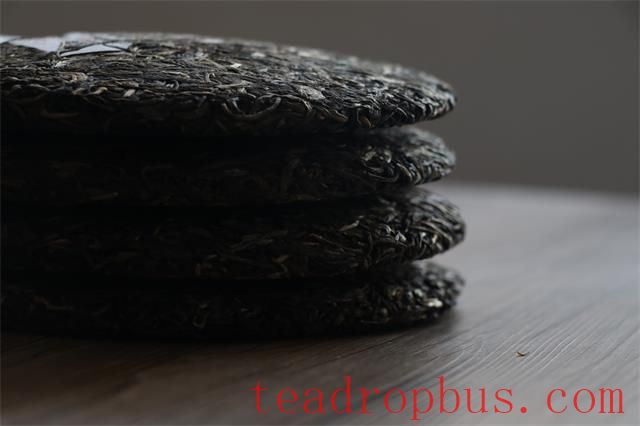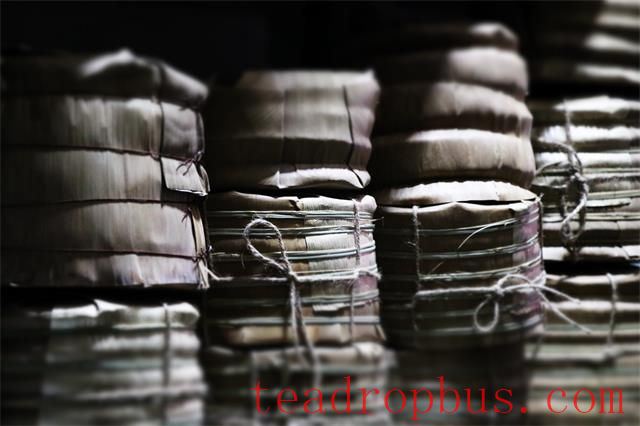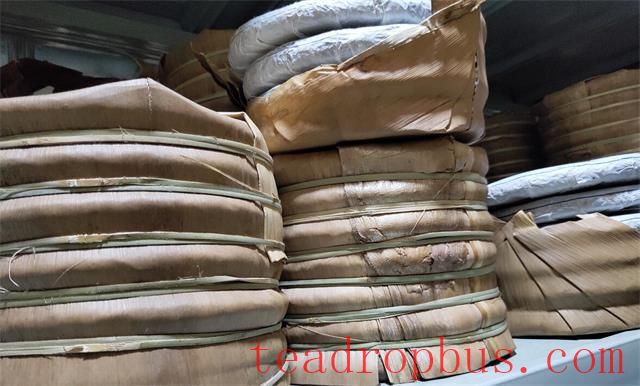How can Pu'er Tea be counterfeited so aggressively? In fact, the counterfeiting of Pu'er tea is not a new phenomenon; it has been happening for over 100 years.

The lower half of Song Yin and Song Pin are identical, with only the characters “Yin” and “Pin” being different.
Song Pin Hao is a century-old Pu'er tea house that was founded in the sixth year of the Guangxu era of the Qing dynasty (1880 AD), known for producing large quantities of high-quality Pu'er tea. Its production volume has always led the industry, and it established a branch in Hong Kong to handle overseas sales of Pu'er tea, becoming the most famous tea house in Yiwu at the time, earning the title “King of Tea, Song Pin”.
Apparently, there were already people counterfeiting Song Pin Hao 100 years ago.

So how is Pu'er tea counterfeited?
Pu'er tea counterfeiting mainly occurs in the following areas:
First: Raw material counterfeiting, such as using plantation tea to pass off as ancient tree tea, blending to pass off as pure tea, or pure tea to pass off as single-origin.
Second: Age counterfeiting, the most common method being artificial aging through damp storage, intentionally causing the tea to mold before removing it from the damp environment.
Age counterfeiting is the most common. Here, we advise you not to be obsessed with Cultural Revolution bricks, century-old teas, or branded teas. Because these teas may have a very small amount of genuine products in some collectors' hands, but they are absolutely not available on the market.

Third: Brand counterfeiting, which is the easiest trap to fall into when shopping online. The Changning police in Shanghai once cracked a case involving hundreds of millions in Pu'er tea counterfeiting, where the main products being counterfeited were well-known brands like “Dayi” and “China Tea”.
How can one avoid this problem?
1. When shopping online, make sure to use the official flagship store.
2. Do not be tempted by small discounts, as the biggest feature of brand counterfeiting cases is that the fake products are much cheaper than the official published prices. (Source: Pu'er Family, Image Source: Tea Friends Network Image Library)